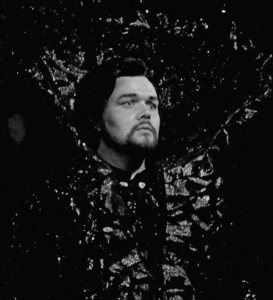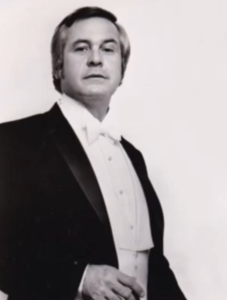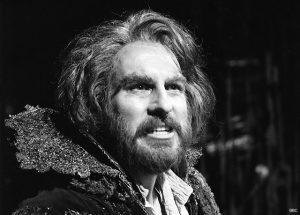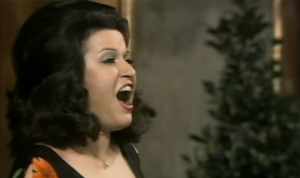Podcast: Play in new window | Download (Duration: 1:32:08 — 104.9MB) | Embed
Subscribe: Spotify | TuneIn | RSS | More
On 21 July, the opera world lost one of its finest tenors, David Rendall, at the age of 76. Rendall began his career in the mid-seventies as a lyric tenore di grazia specializing in bel canto and in the music of Mozart. His voice expanded and deepened over the years to encompass French roles (Des Grieux, Faust, Werther), 19th century Italian repertoire from Rodolfo to Otello, and finally Wagner roles from Lohengrin to Tristan. This episode explores his origins from his earliest recordings made before he ever considered a career in music, to live operatic recordings made between 1975 and 2006. Rendall’s family was a deeply musical one: his wife, Diana Montague, is a legendary mezzo-soprano, and their son Huw Montague Rendall is one of the brightest lights in the present-day operatic firmament. The episode includes Rendall singing song cycles by Britten and Schubert, and operatic rarities by Rossini and Alfano. In all of the music offered, David Rendall’s impeccable technique, patrician musicianship, and deep expressive connection to the music are heard to full effect. His memory will surely be a blessing to all who knew, heard, loved, and admired him. Many thanks to Huw for his advice in the preparation of this episode.
Countermelody is a podcast devoted to the glory and the power of the human voice raised in song. Singer and vocal aficionado Daniel Gundlach explores great singers of the past and present focusing in particular on those who are less well-remembered today than they should be. Daniel’s lifetime in music as a professional countertenor, pianist, vocal coach, voice teacher, and author yields an exciting array of anecdotes, impressions, and “inside stories.” At Countermelody’s core is the celebration of great singers of all stripes, their instruments, and the connection they make to the words they sing. By clicking on the following link (https://linktr.ee/CountermelodyPodcast) you can find the dedicated Countermelody website which contains additional content including artist photos and episode setlists. The link will also take you to Countermelody’s Patreon page, where you can pledge your monthly or yearly support at whatever level you can afford.




